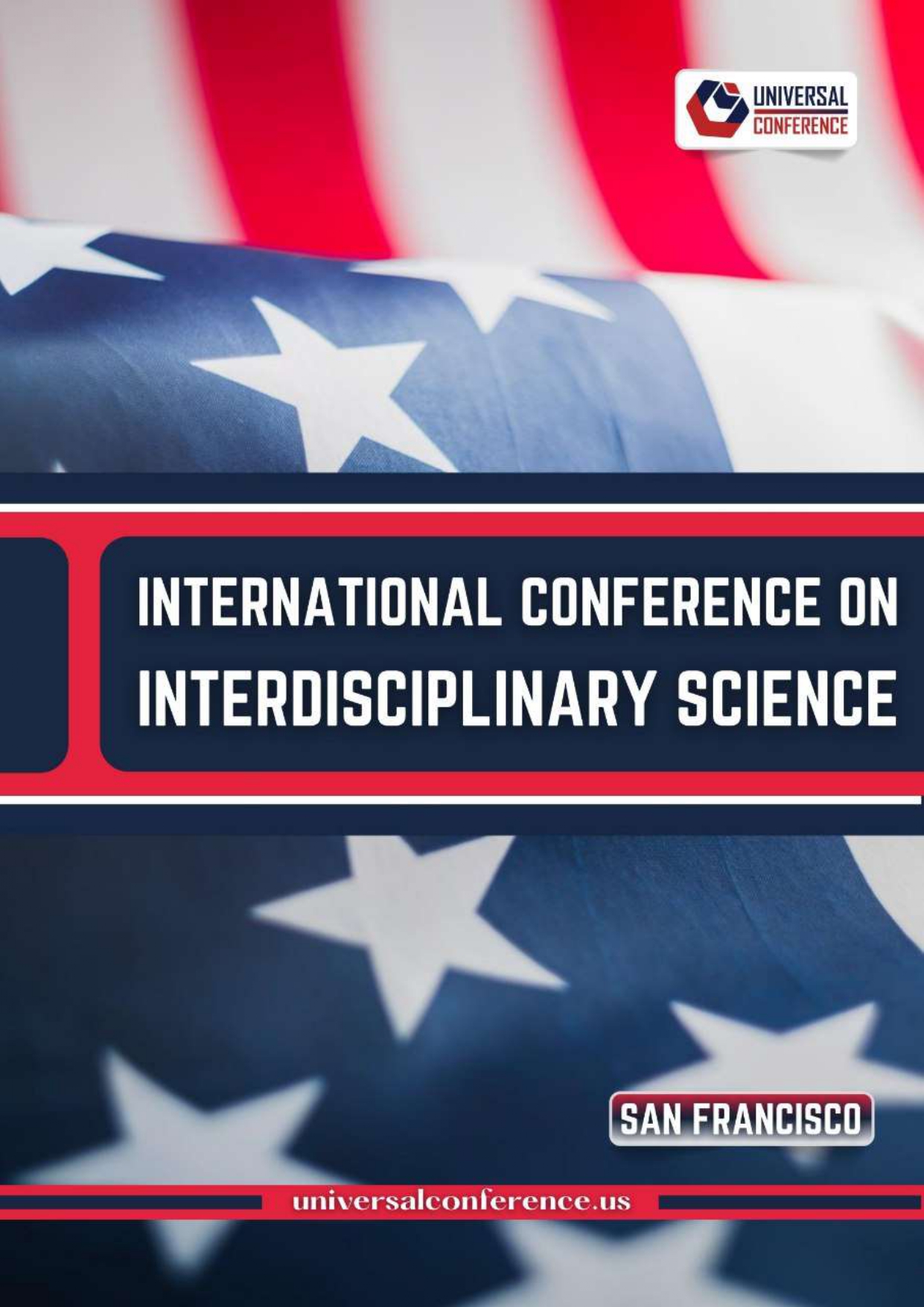THE IMPACT OF EXTENSIVE LISTENING ON THE LISTENING COMPREHENSION SKILLS OF EFL UNIVERSITY STUDENTS
Keywords:
extensive listening, listening comprehension, EFL students, language acquisition, podcasts, audiobooksAbstract
This thesis explores the impact of extensive listening on the listening comprehension skills of English as a Foreign Language (EFL) university students. Extensive listening involves consistent exposure to authentic spoken language through resources such as podcasts, audiobooks, and videos. The study examines whether this method improves students' ability to understand spoken English, focusing on fluency, the ability to comprehend different accents, and informal language structures. The thesis concludes that extensive listening is a valuable method for enhancing listening comprehension and suggests that incorporating it into language curricula can accelerate the development of students' listening abilities, preparing them for real-life communication in English.
References
1. Field, J. (2008). Listening in the Language Classroom. Cambridge University Press.
2. Krashen, S. D. (1985). The Input Hypothesis: Issues and Implications. Longman.
3. Nation, I. S. P. (2009). Teaching ESL/EFL Listening and Speaking. Routledge.
4. Renandya, W. A., & Farrell, T. S. C. (2011). Teacher, the Tape Is Too Fast! Extensive Listening in ELT. ELT Journal, 65(1), 52-59. https://doi.org/10.1093/elt/ccq015
5. Richards, J. C., & Rodgers, T. S. (2014). Approaches and Methods in Language Teaching (3rd ed.). Cambridge University Press.







